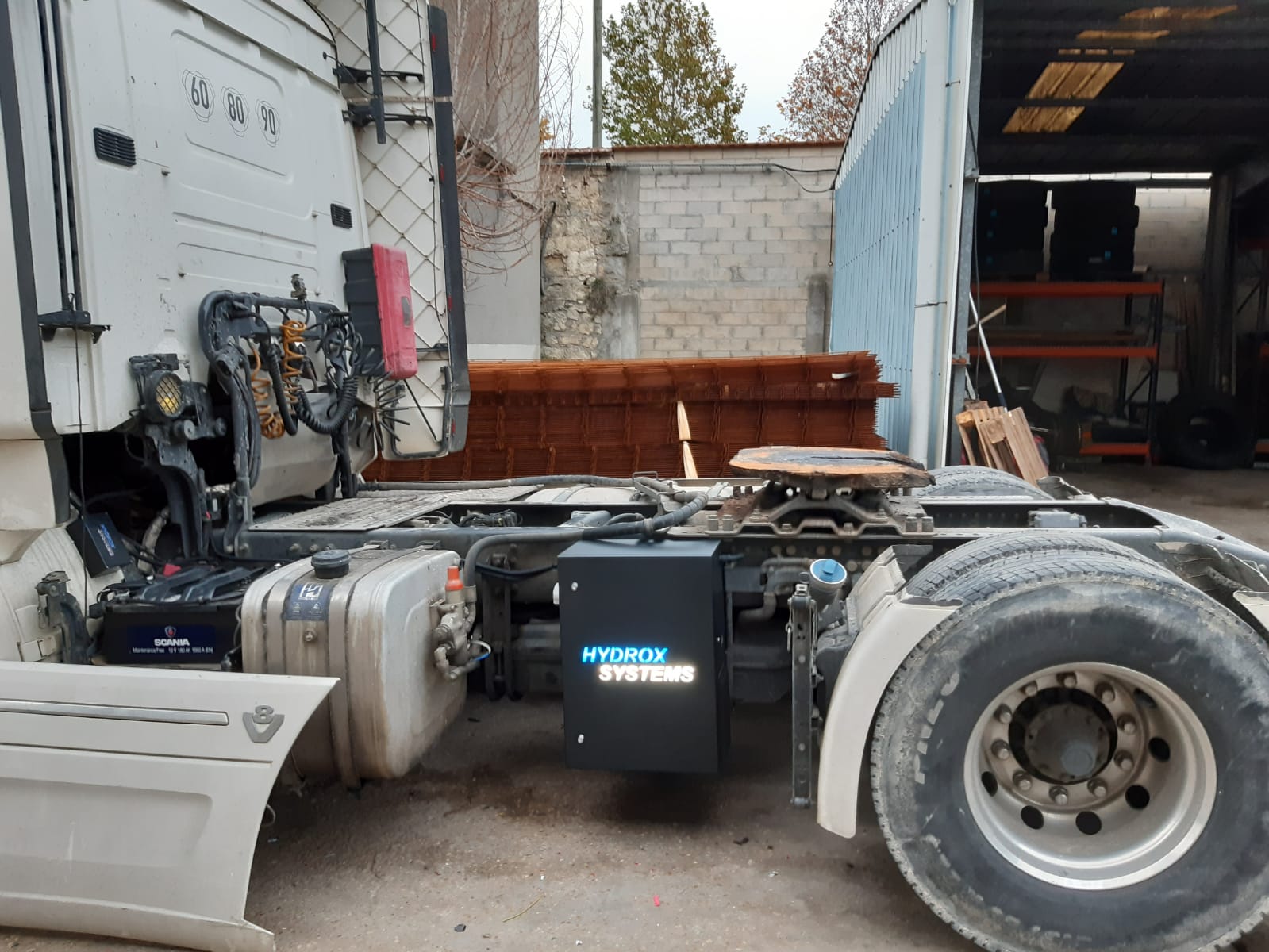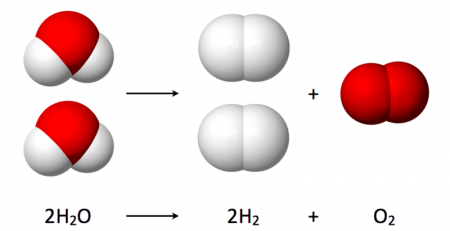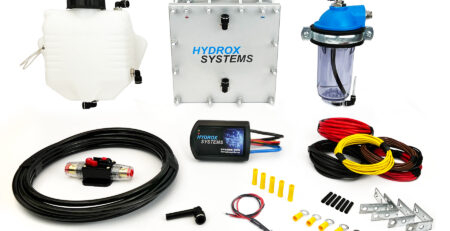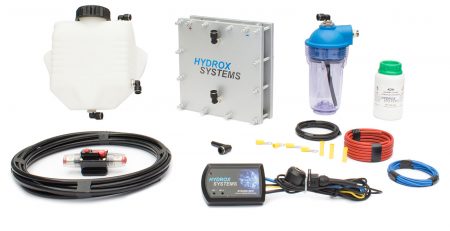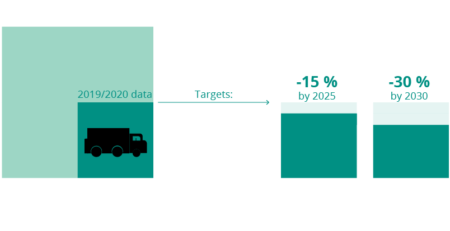Revolutionizing Trucking: Advantages of Using a Hydrogen On-Demand System
Advantages of Using a Hydrogen On-Demand System
The world of transportation is undergoing a significant transformation as industries look for more sustainable alternatives to traditional fossil fuels. Hydrogen has emerged as a promising contender in this quest for eco-friendly solutions. One innovative application of hydrogen technology is the hydrogen-on-demand system for trucks. This article will explore the advantages of using a hydrogen on-demand truck system and how it can revolutionize the trucking industry.
1. Environmental Benefits
One of the most significant advantages of using a hydrogen on-demand truck system is its environmental friendliness. When burned, hydrogen fuel produces zero greenhouse gas emissions, making it a clean alternative to diesel and gasoline. As the world strives to reduce its carbon footprint and combat climate change, hydrogen-powered trucks offer a path toward more sustainable transportation.
2. Increased Fuel Efficiency
Hydrogen has a higher energy density than diesel or gasoline, meaning it can provide more energy for the same amount of fuel. When trucks are equipped with a hydrogen on-demand system, they can achieve greater fuel efficiency. This increased efficiency translates to cost savings for trucking companies and a reduced need for refueling.
3. Reduced Operating Costs
Trucking companies can benefit from significant cost reductions when adopting hydrogen on-demand systems. Hydrogen fuel is often cheaper than diesel, and its higher efficiency means that trucks can travel longer distances on the same amount of fuel. Additionally, hydrogen fuel cells have fewer moving parts than traditional internal combustion engines, reducing maintenance and repair costs over time.
4. Lower Noise Levels
Hydrogen-powered trucks are quieter than their diesel counterparts. The combustion process in hydrogen engines produces minimal noise, which can lead to reduced noise pollution in urban areas. This benefits the environment and enhances the quality of life for residents living near transportation routes.
5. Government Incentives
Many governments worldwide are offering incentives and subsidies to encourage the adoption of hydrogen fuel cell technology. Trucking companies can use these incentives to offset the initial investment in hydrogen on-demand systems. These incentives include tax credits, grants, and access to special lanes or routes for hydrogen-powered vehicles.
6. Energy Independence
Hydrogen can be produced domestically, reducing dependence on foreign oil and enhancing energy security. A hydrogen-on-demand system can contribute to a more sustainable and resilient energy infrastructure by generating hydrogen from renewable sources such as wind or solar power.
7. Scalability and Versatility
Hydrogen on-demand systems can be integrated into various types of trucks, including long-haul freight trucks, delivery vehicles, and public transportation buses. This scalability and versatility make it a viable option for a wide range of transportation applications, helping to reduce emissions across the entire industry.
Conclusion
Adopting hydrogen on-demand systems in trucks represents a significant step toward a more sustainable and environmentally friendly future for the trucking industry. With benefits ranging from reduced emissions and lower operating costs to government incentives and energy independence, hydrogen-powered trucks are poised to revolutionize how goods are transported. As technology advances and infrastructure for hydrogen fueling expands, the advantages of hydrogen on-demand truck systems will only become more apparent, driving the industry toward a greener and more efficient future.
If you are willing to invest in the future by saving an average of 25% on your monthly fuel spending and reducing carbon emissions by 80%, you can see our truck systems HERE.
Subscribe our Newsletter

